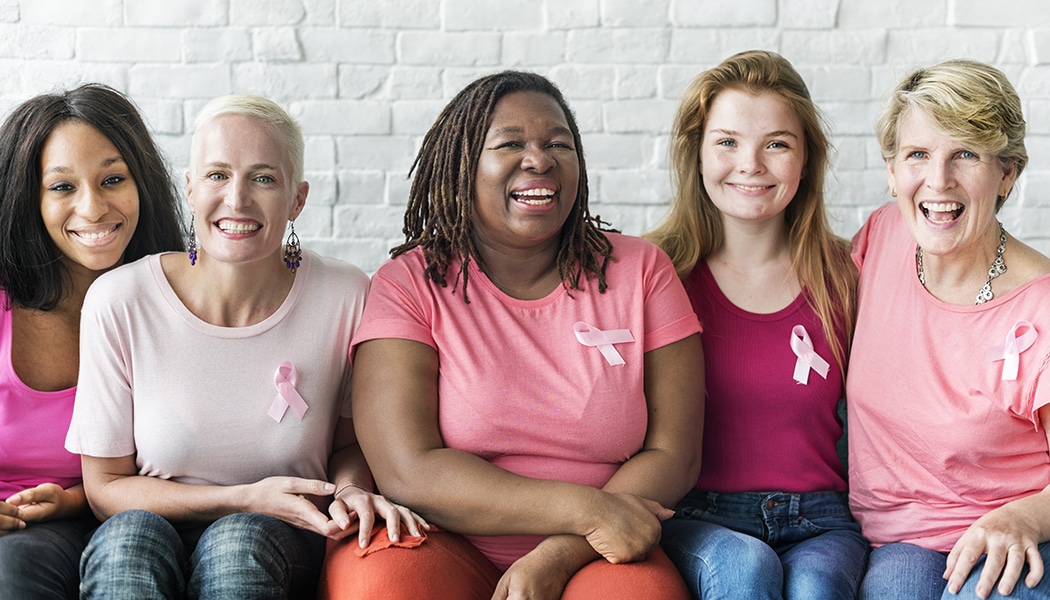Topic: Certain Breast Cancer Patients Can Skip Chemotherapy After Surgery
Further, among premenopausal women, those who received chemotherapy had a 40% relative improvement in IDFS compared to those administered endocrine therapy alone.
A recent clinical trial found that postmenopausal women with hormone receptor (HR)-positive, human epidermal growth factor receptor 2 (HER2)-negative breast cancer that has spread to a maximum of 3 lymph nodes and who have a 21-gene recurrence score (RS) of 25 or lower can safely skip chemotherapy and only take endocrine therapy after breast cancer surgery, according to results published in the New England Journal of Medicine.
The researchers compared rates of invasive disease-free survival (IDFS)—the percentage of women who remained alive without a recurrence of their cancer or a second invasive primary cancer—at 5 years after treatment assignment among patients enrolled in the study. In the overall study population, there was no clinically relevant or statistically significant improvements in IDFS for women administered chemotherapy followed by endocrine therapy compared to women who received endocrine therapy alone.
Further, among premenopausal women, those who received chemotherapy had a 40% relative improvement in IDFS compared to those administered endocrine therapy alone. The women in the trial who were postmenopausal had no benefit from chemotherapy, conversely, according to the study authors.
“These are clinically meaningful and impactful data,” said study investigator Kevin Kalinsky, MD, in the press release. “As we saw that postmenopausal women with one to three positive nodes and RS 0 to 25 can likely safely forego adjuvant chemotherapy without compromising IDFS, this will save tens of thousands of women the time, expense, and potentially harmful side effects that can be associated with chemotherapy. Premenopausal patients with positive nodes and RS 0 to 25, however, likely benefit from chemotherapy.”
In the premenopausal patients, the 5-year IDFS rates were 89% for women who received endocrine therapy alone versus 93.9% for those on combined chemotherapy and endocrine therapy. Meanwhile, in postmenopausal patients, the 5-year IDFS rates were 91.3%, which was not a statistically significant difference.
An earlier study suggested that the 21-gene RS could be used to predict which women with cancer with these characteristics benefit from having chemotherapy added to their endocrine therapy. Women who had an RS of less than 18 saw no benefit from the addition of chemotherapy, whereas those with an RS of at least 31 lived longer if they had chemotherapy.
The researchers enrolled 5083 women with HR-positive, HER-negative, node-positive breast cancer and who had an RS of 25 or less. One-half of patients were randomly assigned to receive chemotherapy followed by endocrine therapy after their surgery, whereas the other half received endocrine therapy alone after surgery.
The researchers also grouped premenopausal patients receiving chemotherapy into 4 groups by increasing 21-gene RS and evaluated their IDFS at 5 years after randomization. Although the relative benefit of chemotherapy did not increase as RS grew from 0 to 25, the researchers found that the absolute benefit was greater in those patients with a higher RS.
Additionally, among premenopausal women 50 years of age and younger, those with the lowest RS scores still benefited from having chemotherapy in addition to endocrine therapy, according to the study authors.
“These data further help individualize the discussion of risk and benefit of chemotherapy with premenopausal patients with up to three lymph nodes and an RS of 25 or less,” Kalinsky said in the press release.
Topic Discussed: Certain Breast Cancer Patients Can Skip Chemotherapy After Surgery
